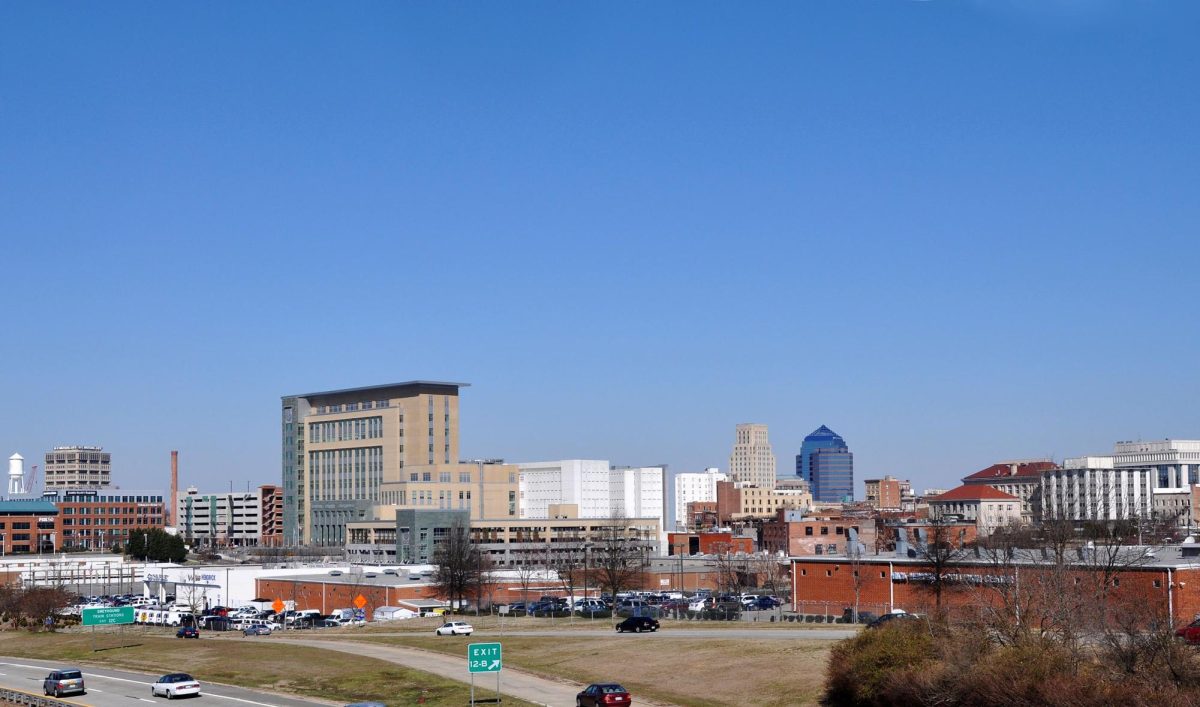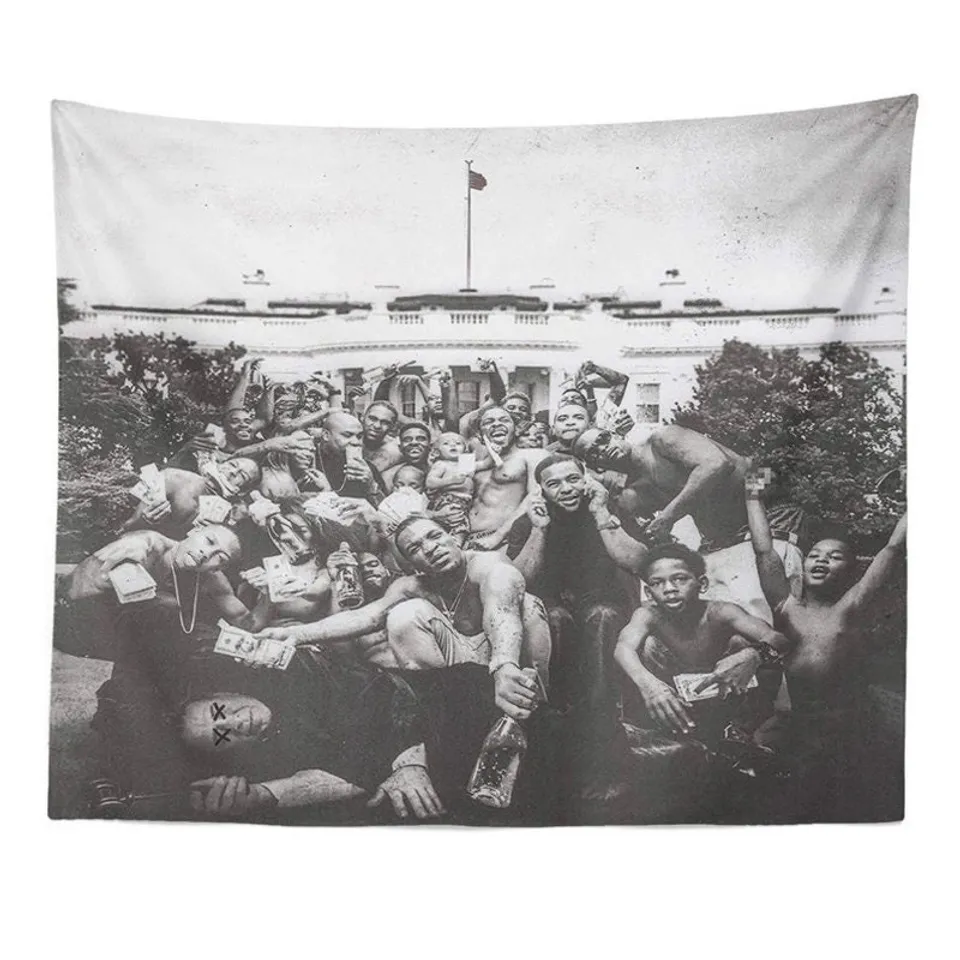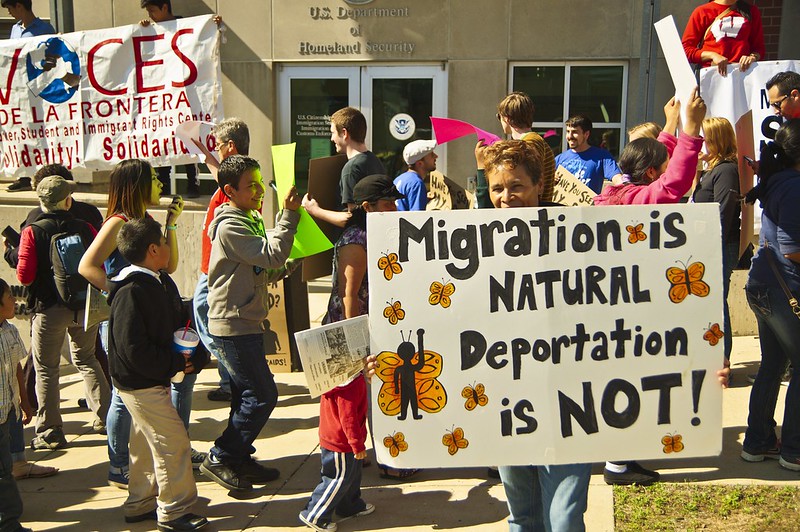Political tensions are at an all-time high as people fight for important issues such as abortion rights, racial equality, animal rights and climate change. Many go to extremes to ensure their voices are heard some resorting to domestic terrorism. Modern acts of domestic terrorism have made major headlines, especially for their scale and unprecedented violent nature. Demonstrations such as the Jan. 6 Capitol riots, the Bourbon Street crash on New Year’s Day, the Charleston Church Massacre threaten the safety of U.S. citizens
Between 2010 and 2021 across the US, all but eight states experienced at least one incident of domestic terrorism. Additionally, over the last 10 years, domestic terrorism-related investigations have grown by 357%.
The Federal Bureau of Investigations defines domestic terrorism as “Violent, criminal acts committed by individuals and/or groups to further ideological goals stemming from domestic influences, such as those of a political, religious, social, racial, or environmental nature”
Acts of domestic terrorism in the U.S. date as far back as the 19th century and were a milder cause for concern. But in the 21st century, acts of domestic terrorism have grown increasingly prevalent.
Although these attacks are vastly different, they each share a distinct characteristic: intent. The individuals who play a role in the execution of these heinous acts want to send a message.
The Capitol riots on Jan. 6, 2020, were incited by President Trump who speculated the validity of election results. He encouraged supporters to prevent the certification of the election results that would officially declare Joe Biden as president. Trump’s use of battle cries, like ”We fight like hell and if you don’t fight like hell, you’re not going to have a country anymore,” led thousands of supporters to storm the capitol building with weapons, flags and foreign objects. They believed they were upholding the country’s democracy, even as they tried to overthrow it.
On New Year’s Day, a driver intentionally drove through Bourbon Street killing 14 and injuring more, in the heart of a tourist hotspot in the New Orleans French Quarter home to Mardi Gras celebrations. Upon initial investigation, the FBI revealed the driver uploaded videos to social media expressing inspiration and admiration for the Islamic State group militant organization, professing his “desire to kill.”
On New Year’s Day, guests at the International Trump Hotel in Las Vegas, Nevada reported the explosion of a Tesla Cyber Truck at the front of the hotel. Police would later identify the explosion as a premeditated attack planned by decorated Active Duty Army Green Beret Matthew Livelsberger.
Speculation concerning Elon Musk, Tesla’s founder and CEO, and his economic influence on the 2024 presidential election suggests some levels of corruption in our nation’s democracy. Livelsberger left behind notes stating that the explosion was intended as a “wake-up call” to draw attention to the nation’s deepening troubles.
Additional letters and notes from Livelsberger elaborate on his fears of political unrest, social issues and international conflicts. He described the U.S. as “terminally ill” and converging toward an inevitable collapse – reflecting his belief that the country’s problems were so intertwined and severe that recovery was no longer possible.
Bold and blatant acts of domestic terrorism in recent years are stark reminders that public spaces in the United States aren’t as safe as they seem. If the Capitol, the symbol of the U.S. democracy and one of the most sacred and protected government buildings, could be susceptible to a domestic attack, what does that mean for the safety of the broader country? If Bourbon Street, immortalized in countless films as one of the most distinct and easily recognizable destinations in America, could be the target for a terrorist attack on a night when it’s lined with thousands of onlookers, what does that say for the safety of citizens?
These incidents call into question how well the United States can protect its citizens and what precautions must be taken to ensure that domestic terror has no place within America’s borders.







